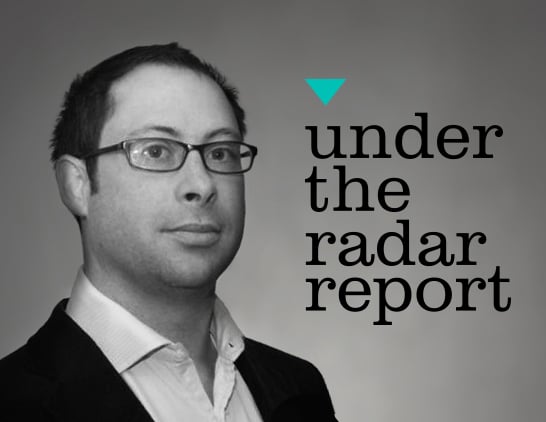The ASX All Ordinaries has rebounded close to 9 per cent in the past few weeks, and is down almost 10 per cent from its multi year high six months ago, but really, it doesn’t matter when you start your share portfolio, as long as you start it.
Why is it important? Over the long term, the stock market is still the biggest generator of wealth around. The stock market in an index sense will reflect what’s going on in the overall economy: not just GDP growth, but the changes in the mix of the economy. It reflects the importance of technology. Property can never do this because it’s simply bricks and mortar.
The stock market reflects technological changes, but often in a way that is different to what people perceive at the outset.
In 1999 people were buying anything dot.com, but the real industry that has been revolutionised is banking. The cost base in banking has been permanently reduced by 20 to 30 percentage points, relative to where it was. And as we all know, these cost reductions haven’t been passed on to the consumer!
The great thing about shares is that you can buy diversity with a handful of dollars. You can buy a media company, a miner, a technology company, a bank and a hospital owner. If you own a big house in Randwick, you’re stuck with that area’s characteristics, and it’s expensive and time consuming to get out!
The most powerful thing in investing is buying quality companies at the right price; the second is dollar cost averaging: investing in stocks over time when the price is high and when it’s low. Combining the two should generate returns of 10 per cent plus over the long-term.
We think that there is a place for big and small companies in a portfolio. Those at the big end of the spectrum definitely have the advantage of being less likely to go broke. The financial crisis proved that point. But at the small end, although there is more volatility, there is more diversity, and more potential to boost your portfolio’s returns.
There are over 2,200 listed companies on the ASX and the biggest seven represent about half of the $1.3 trillion dollar market capitalisation. These are the big four banks, Rio Tinto and BHP Billiton and Telstra.
The median market cap of the top 200 companies has a market cap of close to $2 billion. While almost 90 per cent of the companies, numbering just under 2000 have a market cap of less than $300 million, which is what we define as small cap. It’s these companies that Under the Radar focuses on because they are not widely covered. We think that they should represent at least 25 per cent of a share portfolio.
It’s must easier for a company with a market cap of $100 million to double and triple in value, than it is for one that is worth $1 billion.
Building a small cap portfolio, whether or not it exists within a bigger portfolio, such as a swag of Telstra and CBA shares that you inherited from your aunt, shouldn’t change your approach. We discuss the approach on our website, www.undertheradarreport.com.au. Come and have a look.

